How To Be a Neuroaffirmative Therapist Or Clinician
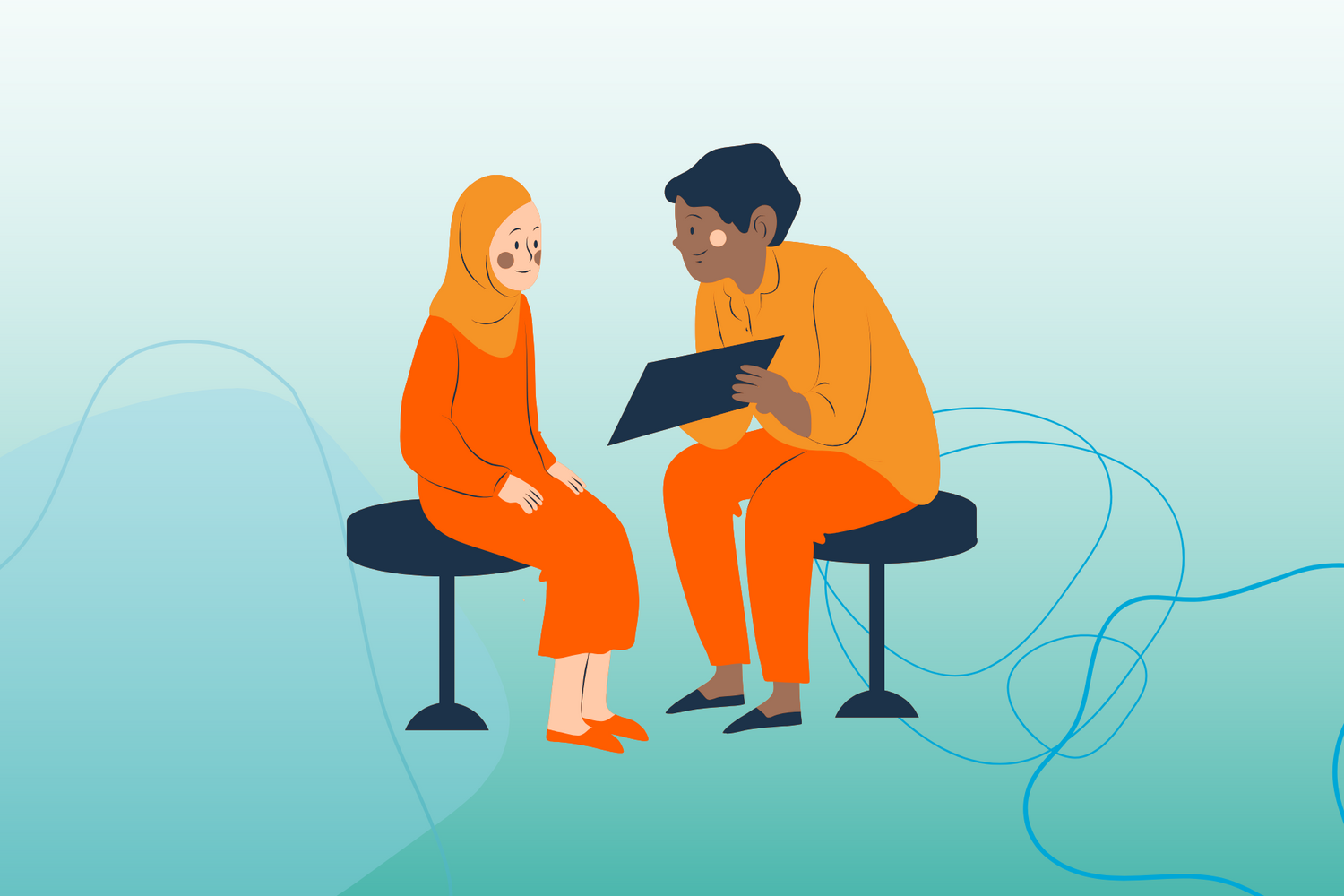
Being a neuroaffirmative therapist or clinician means focusing on an individual’s unique strengths and supporting them to build a positive view of their different brain. At the moment, the medical system is largely deficit-based, so it’s especially important to learn neuroaffirmative practices.
From revisiting the language we use, to thinking about the physical environment, to questioning the assumptions underlying our existing approaches, we can help autistic individuals get closer to their authentic self and achieve a positive self-image.
Find below some of our best resources on neurodiversity for therapists, clinicians and other professionals.
Neuroaffirmative Assessment Books
-
 Buy now
Buy nowThe first handbook on neuro-affirmative child autism assessment, written by a group of qualified psychologists and Autistic experience advocates, who are ND themselves.
-
 Buy now
Buy nowA neurodiversity-affirmative approach to adult autism assessment written by qualified psychologists.
-
 Buy the bundle
Buy the bundleWhen an adult or child is first diagnosed, it often marks the beginning of a story about their identity – learning neuroaffirmative assessment practices is a good place to start when working with neurodivergent
clients.
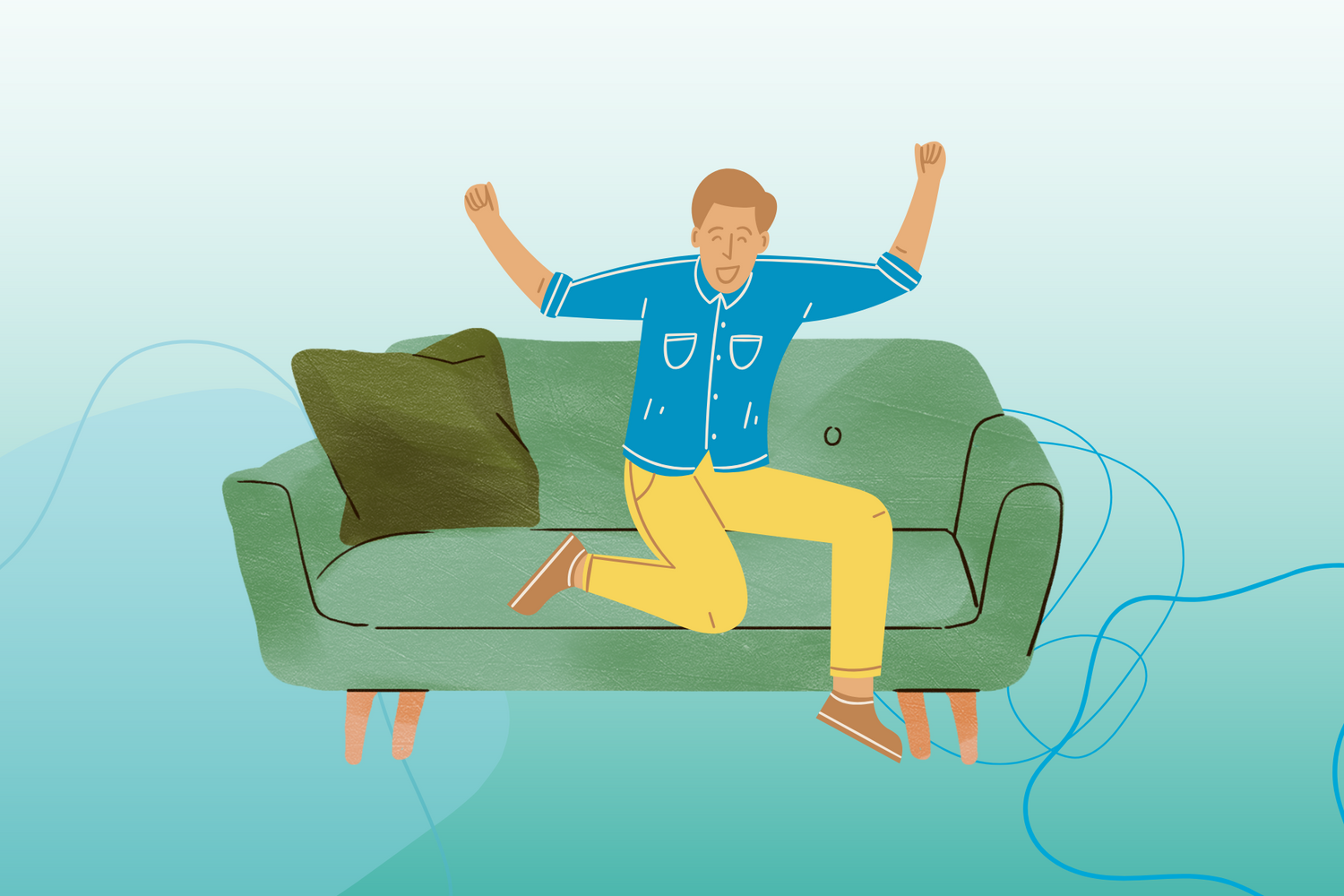
Discussing Neurodivergence in Therapy
Card sets and visual books are often an engaging way to open conversations with your client in order to help them explore their diagnosis and what it means to them.
For you as the professional, reading lived experience books written by neurodivergent people is a great insight into the lives and experiences of the community if you’re not neurodivergent yourself (but also if you are!)
Resources to Discuss Neurodivergence
-
 Buy now
Buy nowThe whole collection of Kathy Hoopmann books, packed with colourful photos of cute animals, especially to celebrate your's or your child's neurodivergent traits!
-
 Buy now
Buy nowCards comprising strengths and challenges to help children and teens gain a positive understanding of their autism diagnosis
-
 Buy now
Buy now100 therapeutic cards exploring neurodivergent identity, accompanied by a short user guide.
-
 Buy now
Buy nowThe go-to-guide for shifting your clinical practice to an affirming approach that honours neurodivergence.
Lived Experience Books on Neurodivergence
-
 Buy now
Buy nowSteph confronts the statistics, inadequate practices and ableist therapists head on and poses the questions of how we can make therapy neurodivergence-affirming.
-
 Buy now
Buy nowA positive, challenging and cutting edge look at the neurodiversity movement's roots.
-
 Buy now
Buy nowAre you autistic and wondering what that means? This book will help you understand! Written by an 11 year old autistic girl and her mum, who is an autism specialist.
-
 Buy now
Buy nowA practical go-to-guide for everything you need to know as a young autistic ADHDer.
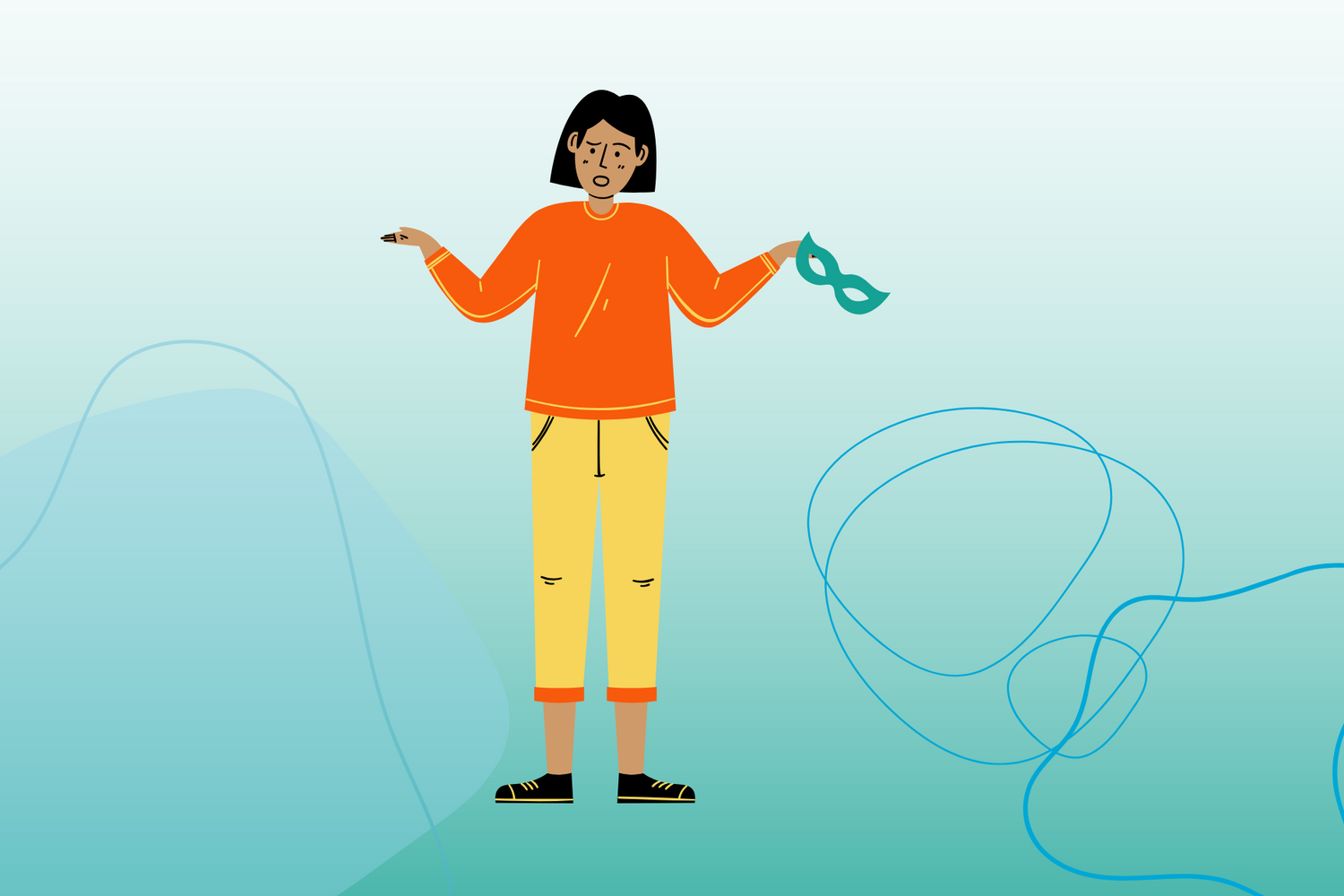
Supporting Clients with Masking, Anxiety & Burnout
Though it is often necessary in neurotypically dominated spaces, healthcare professionals should be mindful that neurodivergent individuals who mask may experience burnout, exhaustion, anxiety, and challenges with self-esteem. It can be valuable to create safe spaces for unmasking, allowing clients to express themselves authentically and feel supported.
Books on Masking, Anxiety & Burnout
-
 Buy now
Buy nowAn in-depth examination of how autistic people mask, why they do it and the impact it can have on their wellbeing.
-
 Buy now
Buy nowThe go-to-guide to exploring what Energy Accounting is, how it can benefit autistic individuals and others seeking stress management.
-
 Buy now
Buy nowNeuroscience to help children understand why their energy ebbs and flows, and why this may cause dysregulation.
-
 Buy now
Buy nowA supportive illustrated guide helping autistic teens manage and prevent burnout.
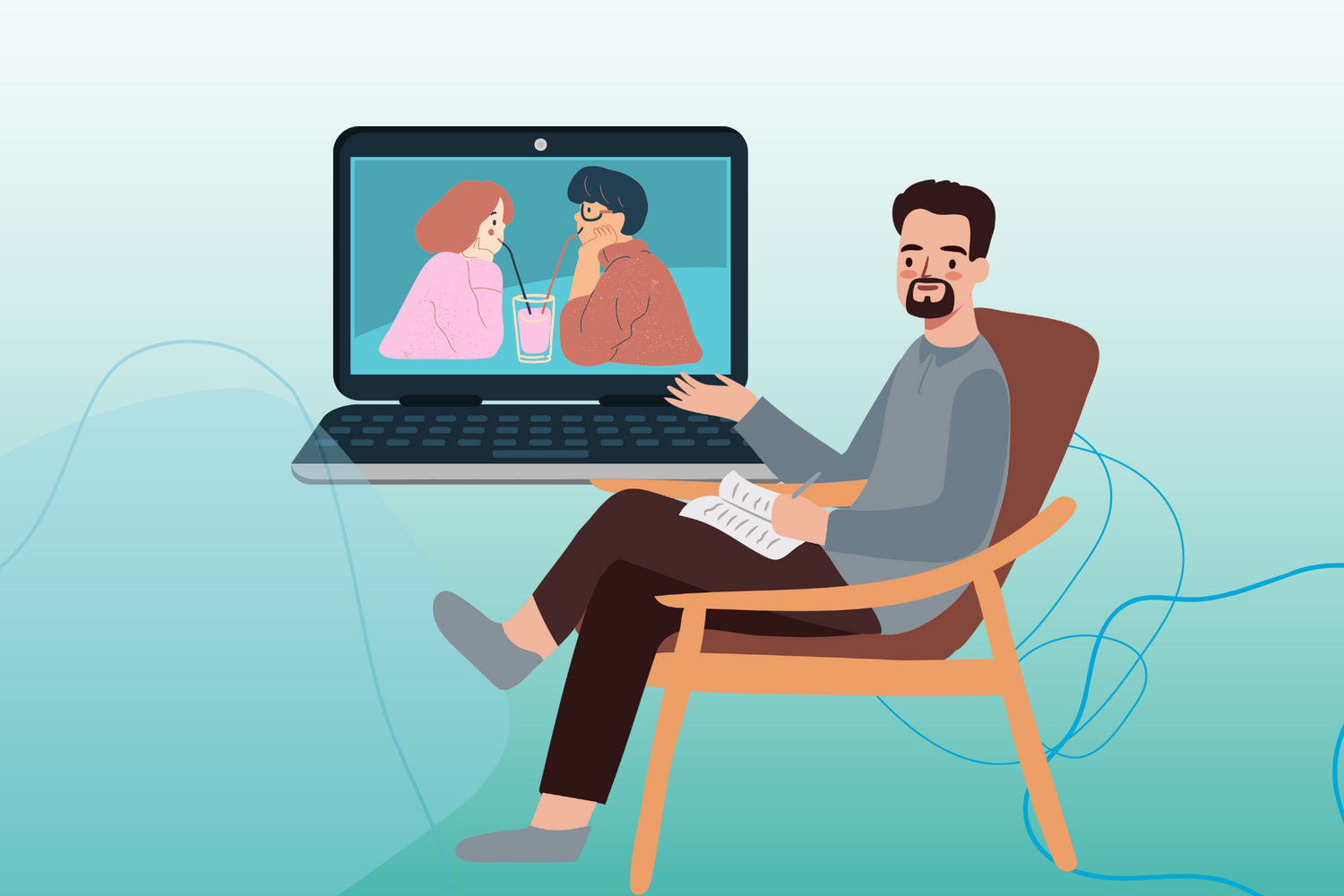
Providing Therapy to Neurodivergent Couples
Making meaningful adaptations to relationship therapy when working with clients where one or both partners are neurodivergent can make a
big difference to outcomes. The resources below can help with strategies where couples might be finding it difficult to understand each other’s perspective, exploring how you as the professional can support.
Books for Supporting Neurodivergent Couples
-
 Buy here
Buy hereA professional guide considering the effectiveness of couples counselling for couples where one or both parties are autistic and how to improve therapeutic practice.
-
 Buy here
Buy hereNeurodiverse couples share personal accounts of the ups and downs of being in an AS relationship.
-
 Buy here
Buy hereCandid advice, guidance and activities for couples and counsellors
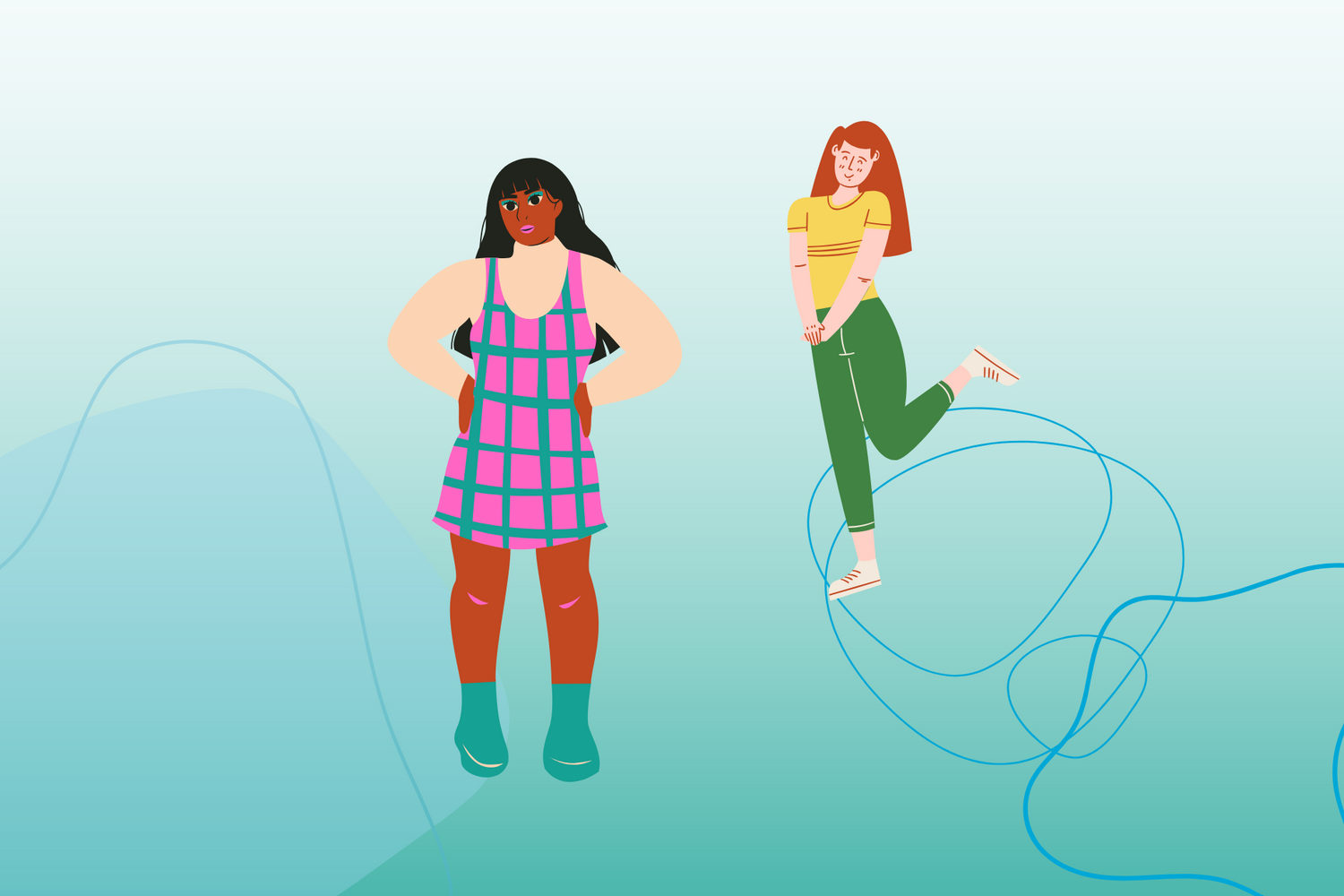
Supporting Neurodivergent Women in Practice
Recently, clinicians have seen an increase in the number of women and girls seeking both autism and ADHD diagnoses. Traits in women and girls often present differently or are masked more often - they may be more prone to adaptation techniques to camouflage amongst neurotypical individuals.
Getting a clear understanding of these subtle differences is important for clinicians
and therapists for diagnosis and continued support.
Books on Supporting Neurodivergent Women
-
 Buy here
Buy hereA comprehensive guide to autism in women covering clinical diagnosis, self-diagnosis, common characteristics and lived-experiences from Autistic females.
-
 Buy here
Buy hereA comprehensive guide to Autism in women covering clinical diagnosis, self-diagnosis, common characteristics and lived-experiences from Autistic females.
-
 Buy here
Buy hereInsights and best practice for professionals on ADHD in girls and women.




















